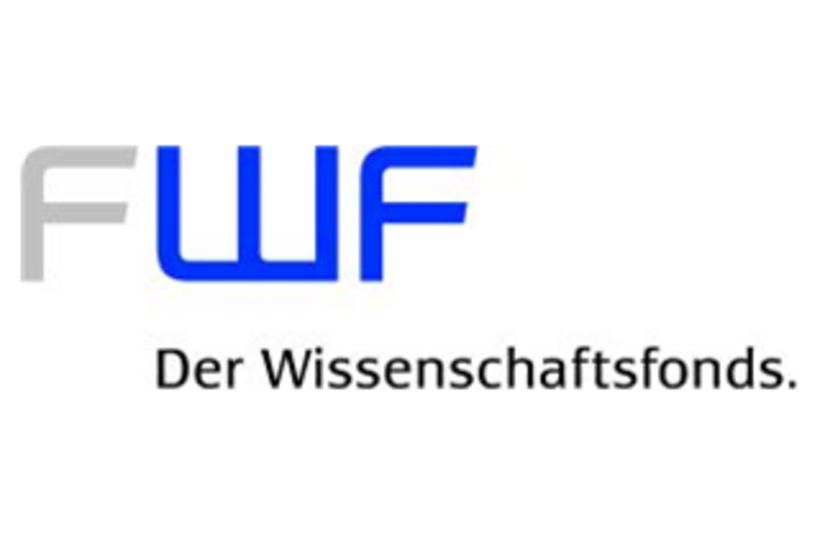Carabid ecosystem services: trophic assessment of ecosystem services provided by carabid beetles in agricultural land
Trophic interactions between species in agroecosystems provide key regulation ecosystem services, such as pest control and pollination, and therefore also determine the dynamics, robustness and resilience of service provision. Two ecosystem services, important in many agroecosystems, are predation on weed seeds and slugs by carabid beetles. However, two basic gaps in our knowledge limit our ability to utilise carabids in agricultural situations. First, the different trophic-functional groups in carabids are not yet well defined that would enable us to describe the specific associations between particular prey species. Second, the factors underlying potential switches between seed feeding and slug predation are poorly understood. Both gaps considerably limit our ability to predict for when and where weed seed and slug predation services will occur and to therefore profit from these services.
In this Austrian Science Fund (FWF) project we address these issues within two research modules, combining field observational data, a field experiment and cutting-edge molecular approaches. The first module will unravel whether there are patterns of prey consumption consistent with robust trophic-functional groupings of carabids and prey, across a range of environmental and agricultural conditions in Austria in the three major crops, namely potato, wheat, and oilseed rape. The second module will test whether carabids switch between weed seed and slug predation and, if so, expose which factors drive the change by manipulating weed seed and slug prey availability.
In doing this, we will establish whether seed and slug predation ecosystem services provided by carabids are robust, resilient and predictable, and evaluate how these two important services compete in agroecosystems. These are fundamental questions in trophic invertebrate ecology in agroecosystems. Moreover, the outcomes of this project will generate knowledge on how to achieve international goals of reducing applications of pesticides without compromising key provisioning ecosystem services such as crop yield
This project is jointly run between the Institute for interdisciplinary Mountain Research (Austrian Academy of Science, C. Wallinger & Y. Guenay) and the Department of Ecology (University of Innsbruck, M. Traugott) and includes a collaboration with David Bohan and Sandrine Petit from INRA (Dijon, France).
ATE members involved in the carabid ecosystem services project:
- Michael Traugott (co-PI), Corinna Wallinger (PI)
- Yasemin Guenay (PhD student)
- Harald Trager, Britta Frei, Christine Rosseti (MSc. students)
- Irene Glarcher, Daniel Graf, Laura Sopracolle, Carmen Meyer, Sarah Geiger, Dominique Hahn, Kelly Kieffer, Diane Neu, Alexandra Kurath, Anna Mederle (BSc. students)

